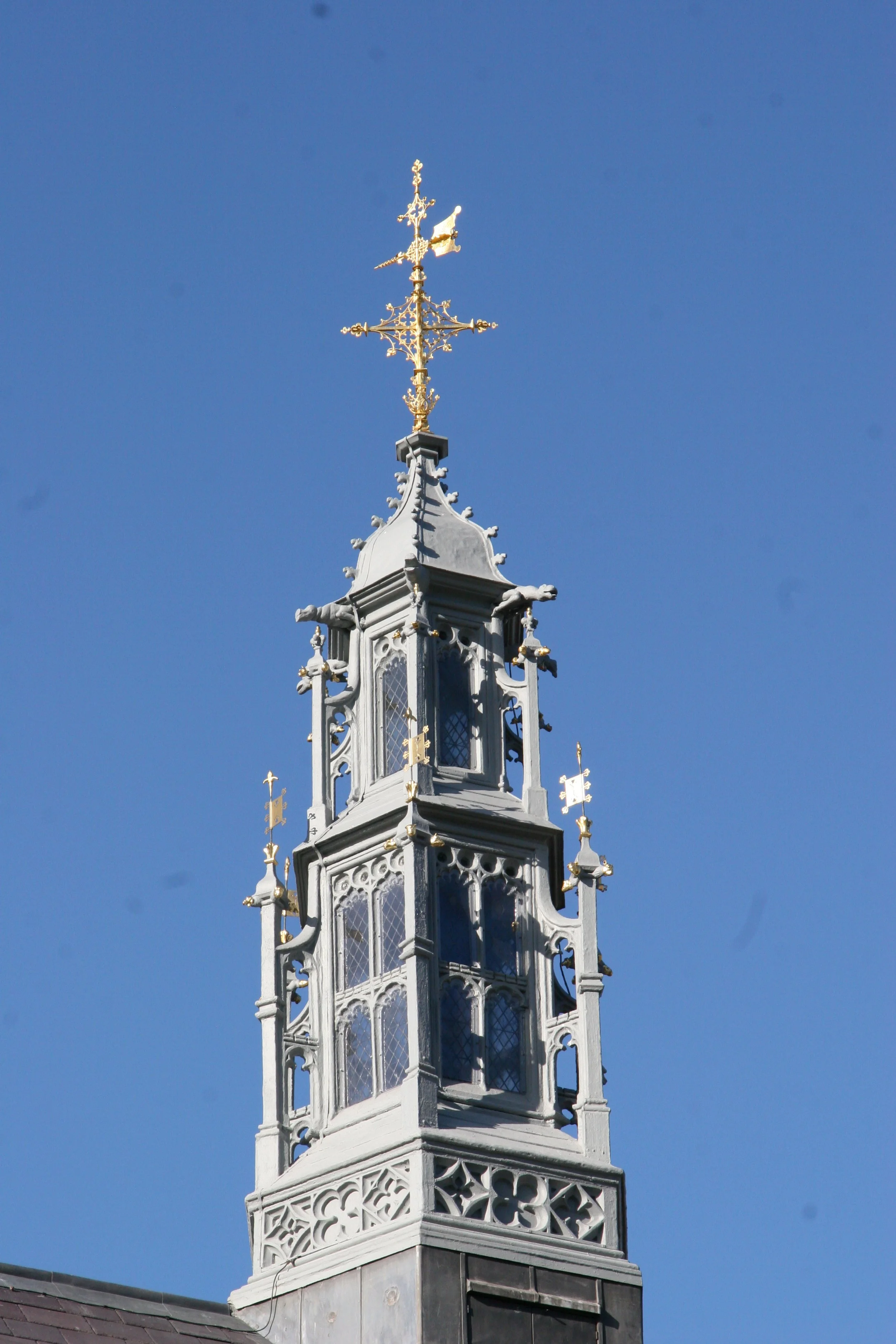CANDEY in supreme court in important case on lawyers' rights
CANDEY's claim in CANDEY v Crumpler and another (as Joint Liquidators of Peak Hotels and Resorts Ltd (In Liquidation)centres on the right of lawyers to be paid first from the fruits of their labour. The case focuses on the actions a lawyer should take when entering into additional overseas security with a client in cross border litigation and the effect of that new security on the pre-existing equitable charge, also known as a solicitor’s lien, which provides for English lawyers to be paid first on a litigation win or settlement.
CANDEY (the Appellant) was instructed by Peak Hotels & Resorts Ltd (“PHRL”), a company incorporated in 2014 in the British Virgin Islands (“BVI”) in relation to PHRL’s US$368 million joint venture dispute, and interest in, the uber-luxury Aman Hotel group.
The Appellant had represented PHRL for 2 years in extensive litigation in England and other jurisdictions including Hong Kong, the BVI and New York. The chief battle ground was London, where a High Court trial was due to commence in April 2016.
However, on the eve of trial, PHRL ran out of funds and was wound up on a US$35 million debt in a Hong Kong arbitration and related insolvency proceedings in the BVI. The Respondents, liquidators from KPMG, were appointed by the BVI court to act as joint liquidators for PHRL with permission to continue the ownership dispute in London.
Notwithstanding the insolvency, the High Court proceedings in London continued. CANDEY had previously agreed to act on a deferred fixed fee of £3.86 million and the CANDEY legal team continued to prepare for trial on the same basis, on the instructions of the liquidators. To protect their position in all the foreign jurisdictions, where they were fighting, a fixed and floating charge and security had been agreed by CANDEY’s client and registered in the BVI, PHRL’s seat of incorporation.
With the benefit of CANDEY’s representation the liquidators settled without CANDEY’S knowledge for circa US$13.5 million. A dispute then ensued between CANDEY and the liquidators as CANDEY claimed payment of its contractually agreed fixed fee.
After two Court of Appeal hearings the liquidators were ordered to pay CANDEY’s hourly rates pursuant to the BVI floating charge, which fees, whilst in excess of £1.1 million, were somewhat less than the fixed fee. CANDEY contended that the fixed fee was additionally protected by its co-existing equitable charge and lien.
In parallel proceedings before the High Court, it was determined that the Appellant had waived its equitable charge over the settlement monies when the Appellant had entered into the BVI legal deed of charge with PHRL. The High Court held that the legal deed of charge was inconsistent in some respects with its rights under the lien as the deed provided for a funder to be paid first. At a third Court of Appeal hearing the Court dismissed the appeal. Both Courts held that CANDEY’s contractual requirement that "Any monies recovered by PHRL will be applied by CANDEY towards the Fixed Fee at CANDEY’s discretion” did not constitute a reservation of the right to be paid first from a recovery.
CANDEY appealed to the Supreme Court and the hearing took place on 3-4 March 2022.
CANDEY’s position is that the right of lawyers to be paid first from the fruits of litigation facilitates access to justice as the lawyers agree to defer payment until success. If a lawyer agrees that a funder or ATE provider may be paid first, that should not mean that they have waived their rights against the world. CANDEY agreed a deal with its client that the Court found to be fair and reasonable. As a firm of litigators CANDEY will always vigorously fight against its opponents in absolute pursuit of its rights. In the modern day the equitable charge, securing lawyers’ fees and the right to be paid first from the fruits of litigation, is more important than ever. It encourages lawyers to act for meritorious claimants who would otherwise be prevented from accessing justice. Whilst CANDEY is obviously acting in its own best interests, protection of the equitable charge (together with funders and ATE providers) is the only way that those without substantial means can stand up to wealthier litigants. Otherwise, the ordinary person will be scared into submission. Access to justice is an essential component of a just society and this case raises important questions of principle.
Today funders will always demand to be paid first under their formal security arrangements. With cross border litigation it is prudent to obtain additional security in overseas jurisdictions, particularly when CANDEY's client could have been the subject of Chapter 11 bankruptcy proceedings in New York.
The six-year dispute between CANDEY and the liquidators has been pursued in both London and the BVI where CANDEY additionally seeks payment of its fixed fee as a priority liquidation expense.
CANDEY is awaiting judgment from the Supreme Court.

